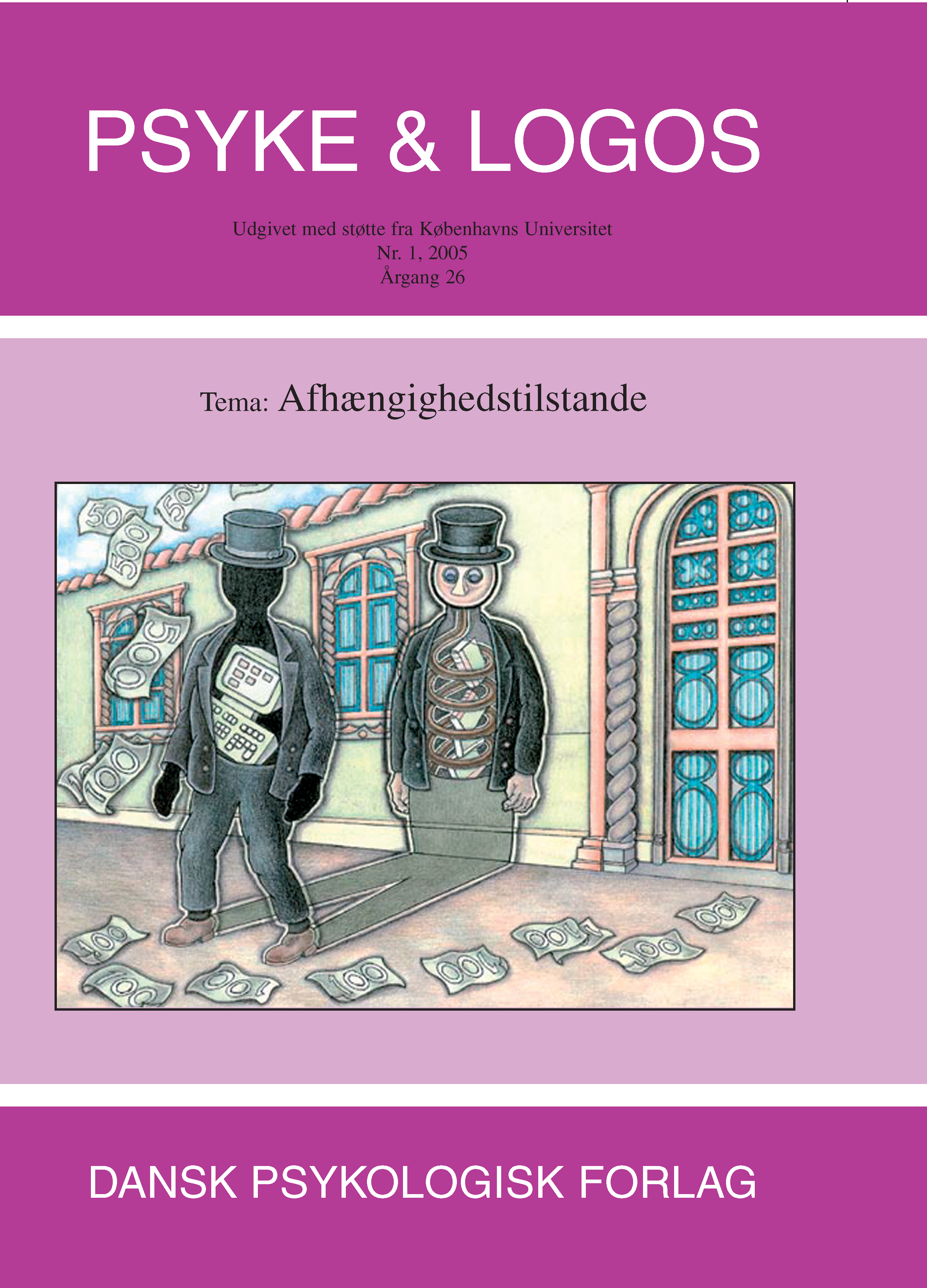The biopsychosocial approach to addiction
DOI:
https://doi.org/10.7146/pl.v26i1.8200Nøgleord:
Addictions, BiopsychosocialResumé
For many people the concept of addiction involves taking of drugs. Therefore it is perhaps unsurprising that most official definitions concentrate on drug ingestion. Despite such definitions, there is now a growing movement that views a number of behaviours as potentially addictive including many behaviours which do not involve the ingestion of a drug such as gambling, sex, exercise, videogame playing and Internet use. This paper argues that all addictions consist of a number of distinct common components (salience, mood modification, tolerance, withdrawal, conflict and relapse) and that there are many other types of commonality on a psychological, biological, sociological, and cultural level. The paper argues that addictions are a part of a biopsychosocial process and evidence is growing that excessive behaviours of all types do seem to have many commonalities. This may reflect a common etiology of addictive behaviour and suggests that addiction may be a syndrome. It is argued that an eclectic approach to the studying of addictive behaviour appears to be the most pragmatic way forward in the field.
Downloads
Publiceret
Citation/Eksport
Nummer
Sektion
Licens
Ophavsret er tidsskriftets og forfatternes. Det er gældende praksis, at artikler publiceret i Psyke & Logos, som efterfølgende oversættes til andet sprog, af forfatteren frit kan publiceres i internationale tidsskrifter, dog således at det ved reference fremgår, at den oversatte artikel har et forlæg i en dansksproget version i Psyke & Logos. Artikler kan frit deles og linkes til på forsknings- og undervisningsnetværk (så som Blackboard). Link foretrækkes, fordi det giver oplysning om brug af tidsskriftets artikler.




